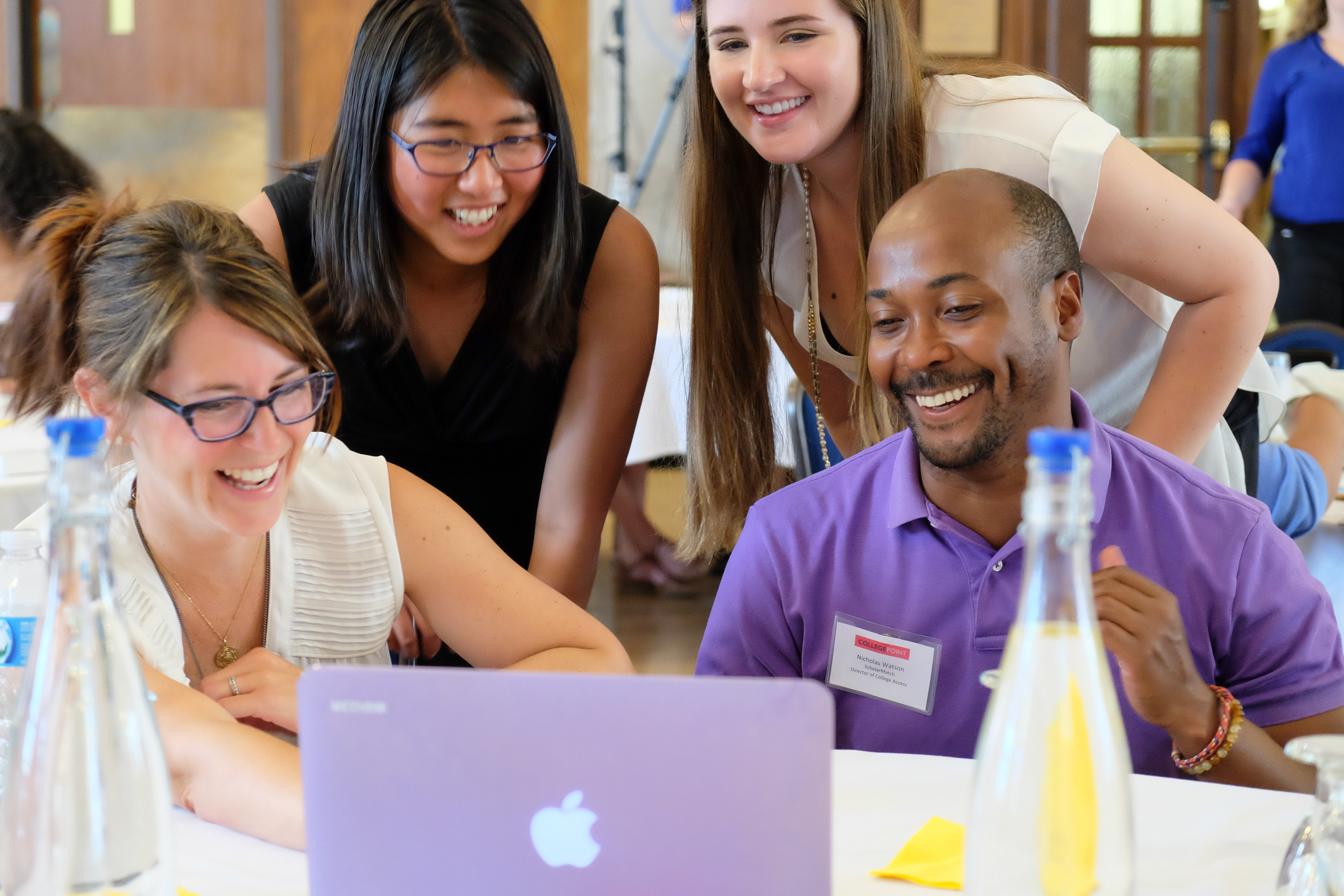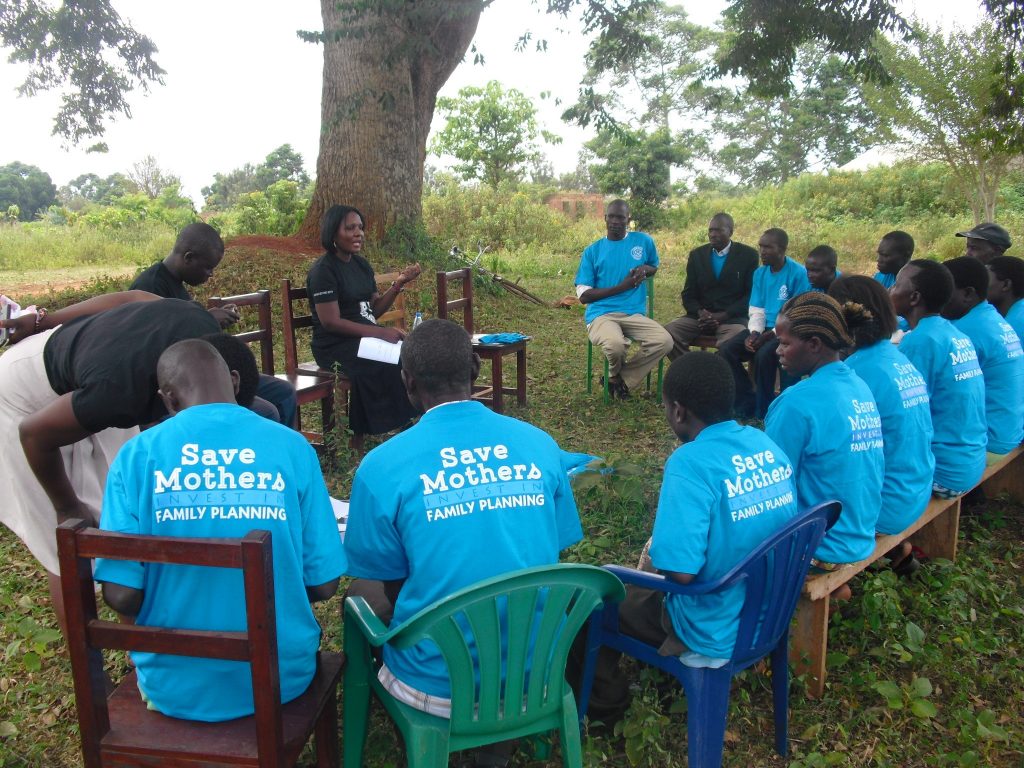
Meet our 2017 CollegePoint Scholars! (Part 3)
July 28, 2017
Thirty CollegePoint students from the high school Class of 2017 were selected to receive scholarships based on their stellar academic achievement and completion of key CollegePoint milestones. The scholarship, supported by the Thompson Family Foundation and Bloomberg LP employees, is a last-dollar award designed to cover unmet costs for students at their institution of choice. These students, who represent fourteen states, will be enrolling in 25 of the top college and universities nationwide this fall.
Read moreHow 40 mayors are learning to solve the world’s biggest problems
July 20, 2017
By Tenley E. Albright, MD and Bloomberg Philanthropies Board Member
I really like something Michael Bloomberg says about mayors—that they do almost everything governors and presidents do, except sign treaties. It’s a point I kept returning to this week as I attended the Bloomberg Harvard City Leadership Initiative, a first-of-its-kind executive training program for 40 mayors from around the world. That’s because everything I experienced throughout the program—during lectures, group discussions, and one-on-one conversations with participants—reminded me that mayors are agents of action. And, as our cities face increasingly urgent programs, it’s our mayors who will lead us to the most promising solutions.
Read more
Meet our 2017 CollegePoint Scholars! (Part 2)
July 14, 2017
Thirty CollegePoint students from the high school Class of 2017 were selected to receive scholarships based on their stellar academic achievement and completion of key CollegePoint milestones. The scholarship, supported by the Thompson Family Foundation and Bloomberg LP employees, is a last-dollar award designed to cover unmet costs for students at their institution of choice. These students, who represent fourteen states, will be enrolling in 25 of the top colleges and universities nationwide this fall.
Read more
Vibrant Oceans Q&A: Fighting illegal fishing through Global Fishing Watch
July 13, 2017
The global losses due to illegal fishing and overfishing cost the world’s economy up to $23.5 billion annually. Vessels are getting away with these harmful practices by failing to report where they are fishing and what they are catching. They’re fishing in protected waters and depleting the fisheries of certain species, diminishing populations to irreparable lows, harming the livelihoods of and depleting an important source of protein for populations in many of the world’s countries.
Read more
How Budget Advocacy is Central to Family Planning in Uganda
July 11, 2017
“Family planning is good for the health of the mother, good for the health of children, and for the welfare of the family.”
These words — true as they are — didn’t always reflect Ugandan President Yoweri Museveni’s position on the matter. Despite being an early proponent of large family sizes, he changed his position on family planning some years ago. And advocates across Uganda have been working diligently to make sure that other government leaders across the country follow suit — and put their money where their mouth is when it comes to investing in family planning efforts not only at the national level but also locally.
Read more
Meet our 2017 CollegePoint Scholars! (Part 1)
July 7, 2017
Thirty CollegePoint students from the high school Class of 2017 were selected to receive scholarships based on their stellar academic achievement and completion of key CollegePoint milestones. The scholarship, supported by the Thompson Family Foundation and Bloomberg LP employees, is a last-dollar award designed to cover unmet costs for students at their institution of choice. These students, who represent fourteen states, will be enrolling in 25 of the top colleges and universities nationwide this fall.
Read more
Public Health Team Q&A: Recent wins in tobacco control globally and in the US
June 28, 2017
Bloomberg Philanthropies has funded a global initiative to reduce tobacco use since 2007, and progress on passing evidence-based policies at country-level is expected to save 30 million lives. Currently, the Bloomberg Initiative to Reduce Tobacco Use (BI) focuses on 10 priority countries (India, China, Brazil, Mexico, Viet Nam, Philippines, Indonesia, Pakistan, Bangladesh, and Ukraine) and it supports the implementation of the WHO MPOWER policies – a set of evidence based policies such as smoke-free public places and advertising bans. Other areas of work include, holding the tobacco industry accountable, using global communications efforts to keep tobacco control on the global public health agenda, and further deepening support for tobacco taxes.
Read more
Global cities target loneliness among rapidly growing senior populations
June 13, 2017
Life expectancy has been increasing for decades, and the world’s elderly population is expected to more than double – from 617 million to 1.6 billion – by 2050. Helping seniors thrive well into their golden years is one of the biggest challenges that cities face. That includes ensuring that older residents can remain connected to their communities.
Read more
50 Reefs Q&A: Believing in the capacity of humans to self-correct
June 12, 2017
Dr. Ameer Abdulla, Senior Marine Advisor, World Commission of Protected Areas, International Union for Conservation of Nature (IUCN)
What are some of the challenges you’ve encountered as you work to protect reefs in the Maldives?
I believe there is a general lack of recognition of the critical role coral reefs play in the persistence of the islands and the economy of the country. Of course this issue is not unique to Maldives but is especially emphasized given the geography and geomorphology of the country. The wellbeing of not just the coral reefs but also the people is at stake when reefs are not managed as well as they could be.
Read more
50 Reefs Q&A: Prevention is better than a cure
June 8, 2017
Dr. Sangeeta Mangubhai, Fiji Country Director, Wildlife Conservation Society
Can you tell us about the problems that are affecting coral reefs globally?
Coral reefs are facing an onslaught of stresses and pressures from land-based pollution, destructive fishing, overfishing, and climate change. Any one of these human caused stresses have the potential to impact coral reefs. Together they are causing wide scale losses and declines in coral reefs all over the world at alarming rates. Even some of the more remote parts of the world, away from human habitation, coral reefs are impacted by climate change-induced thermal events that can cause coral bleaching.
Read more